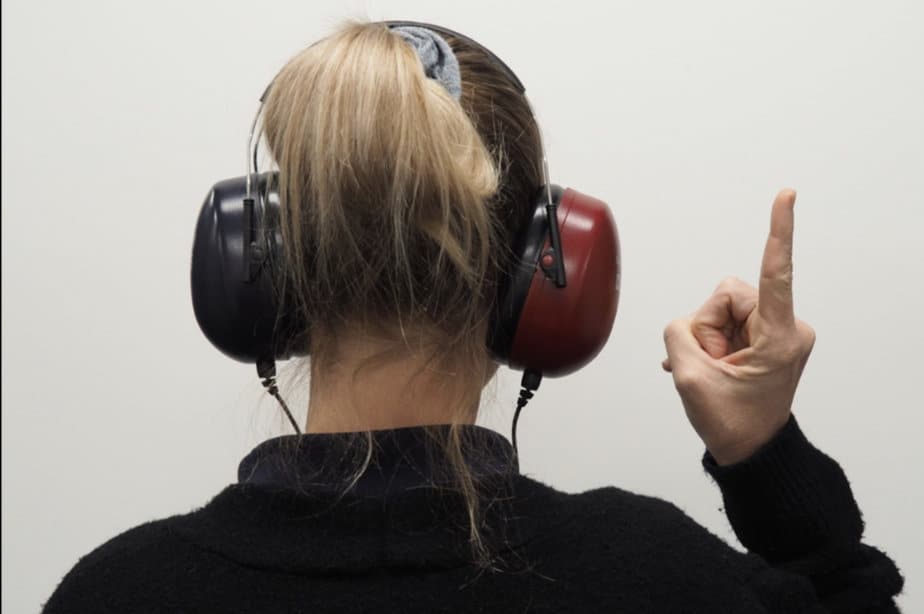Did you know that hearing loss is the third most common health condition in the world? It’s a problem that affects people of all ages, and can have a significant impact on quality of life. In this blog post from a guest author, we will discuss everything you need to know about hearing loss. We’ll cover the different types of hearing loss, how to diagnose it, and the various treatment options available. We’ll also talk about ways to prevent hearing loss from happening in the first place. So if you’re interested in learning more about this important topic, keep reading!
Photo by Mark Paton on Unsplash
Types of Hearing Loss
The most common type of hearing loss is sensorineural, which is caused by damage to the inner ear or auditory nerve. This makes it difficult for sound waves to reach the brain and be interpreted correctly. Conductive hearing loss happens when something blocks or impedes sound from traveling through the outer or middle ear. Finally, mixed hearing loss combines both types, with some degree of damage in both areas.
Diagnosing Hearing Loss
Hearing tests are used to diagnose hearing loss. An audiologist will begin by taking a detailed case history and asking questions about your symptoms and lifestyle. Then they will use special equipment to measure how well you can hear different frequencies of sound (audiometry test). If a hearing loss is detected, further tests may be necessary to identify its cause.
Treatment Options
The type of treatment prescribed for hearing loss will depend on the underlying cause and severity. Some treatments include: hearing aids, cochlear implants, surgery, medications, or sound therapy. In addition to these options, lifestyle changes such as avoiding loud noises and wearing ear protection can also help protect your hearing.
Hearing Aids
Hearing aids are small electronic devices that can improve your hearing by amplifying sound. There are many different types of hearing aids available, ranging from in-the-ear to behind-the-ear models. They are typically prescribed after a thorough evaluation and fitting process with an audiologist or hearing health care specialist. Hearing aid batteries will also have to be replaced periodically. Also, be aware that hearing aids may not restore normal hearing and can take some time to get used to.
Sound Therapy
Sound therapy is a type of auditory training that involves exposing the person to sounds at different frequencies in order to retrain their brain how to interpret and process sound. This can help improve hearing in those with mild-to-moderate hearing loss by strengthening neural pathways between the ear and the brain. Sound therapy can be used alone or combined with other types of treatment, such as wearing hearing aids.
Prevention Tips
The best way to prevent hearing loss is to avoid loud sounds whenever possible. If you are exposed to excessive noise at work or home (e.g., concerts, sporting events), use earplugs or other protective devices. Additionally, quitting smoking can reduce the risk of age-related forms of hearing loss, as can managing stress and taking care of your overall health.
Decoding hearing loss is an important step in managing the condition and improving quality of life. It’s important to be aware of the different types, how it’s diagnosed, the available treatment options, and ways to prevent it from happening in the first place. If you think you may have a hearing problem, talk to your doctor right away so they can help find a solution that works for you.
